Can the US peace plan survive Hamas’s refusal to disarm? The fragile future of Gaza
U.S. President Donald Trump has achieved a hostage and prisoner exchange between Israel and Hamas, as well as a suspension of military operations between the two sides. According to some reports, humanitarian aid has begun to flow freely into Gaza — which may signal an end to the famine previously reported by UN representatives. However, peace is still a long way off.
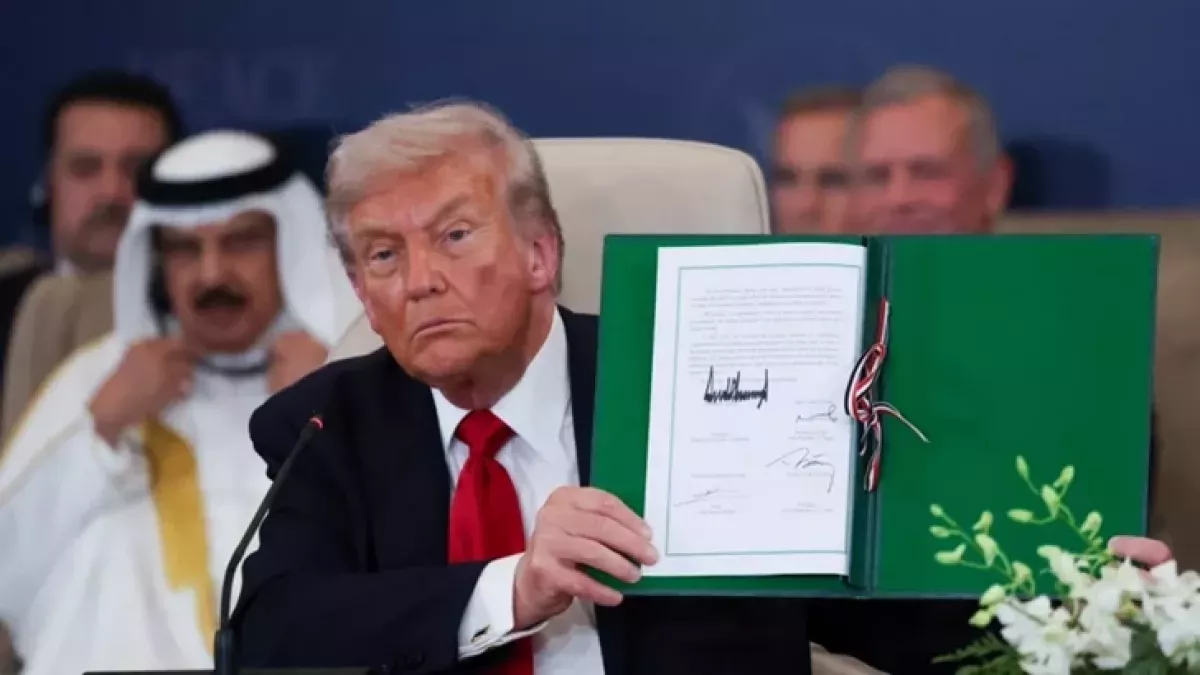
Gaza lies in ruins, with most of its buildings destroyed. Around 67,000 residents have been killed, according to Gaza’s Ministry of Health, and the total number of dead and wounded may have exceeded 200,000 — roughly 10 per cent of the enclave’s population. Even after the withdrawal, Israeli forces still control about 53 per cent of Gaza.
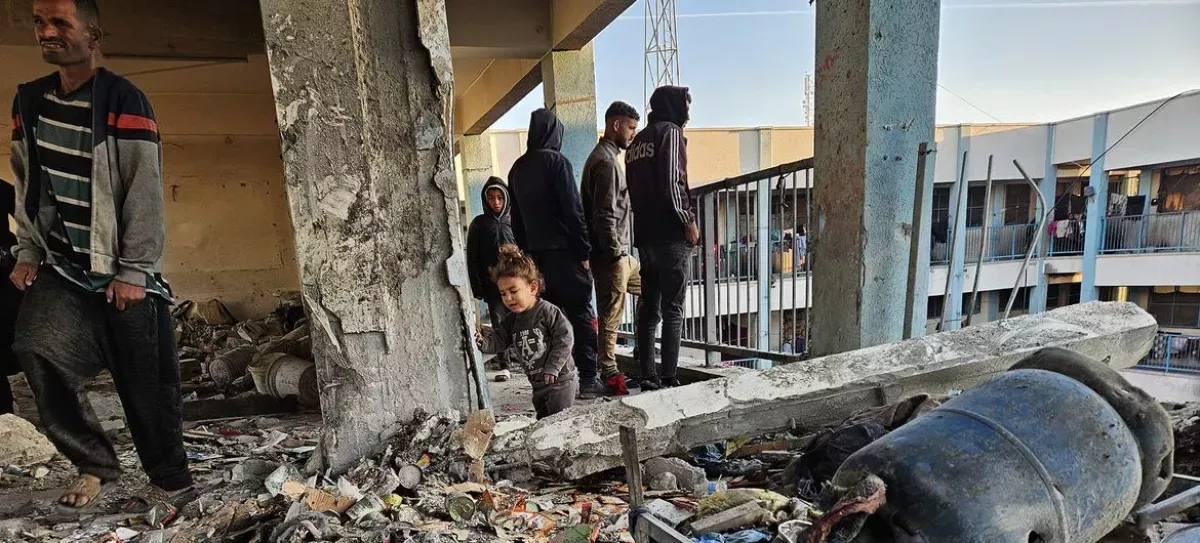
The rest of the enclave is under the control of several tens of thousands of Hamas fighters. Military operations continue there, though less intensely — Hamas is targeting hostile tribes, some of which it suspects of collaborating with Israel, and carrying out mass executions.
The U.S. president’s peace plan, developed with the involvement of former British Prime Minister Tony Blair, includes several interconnected points.
Hamas must disarm. At the same time, a technocratic government unaffiliated with the group will be formed in Gaza; it will be appointed by the Washington administration and overseen by it and its Arab allies. That government will handle the reconstruction of the enclave, and Israel will withdraw its armed forces (the IDF) permanently. Then forces from some Arab countries — possibly the Sunni monarchies of the Persian Gulf and Egypt — or from Türkiye would enter Gaza to monitor compliance with the ceasefire and prevent reciprocal attacks between Palestinians and Israelis. And most importantly, Arab states would provide funding for Gaza’s reconstruction. Later, sometime in the distant future, reforms would be carried out to create the conditions for the emergence of a Palestinian state.
The problem is that none of this aligns well with reality.
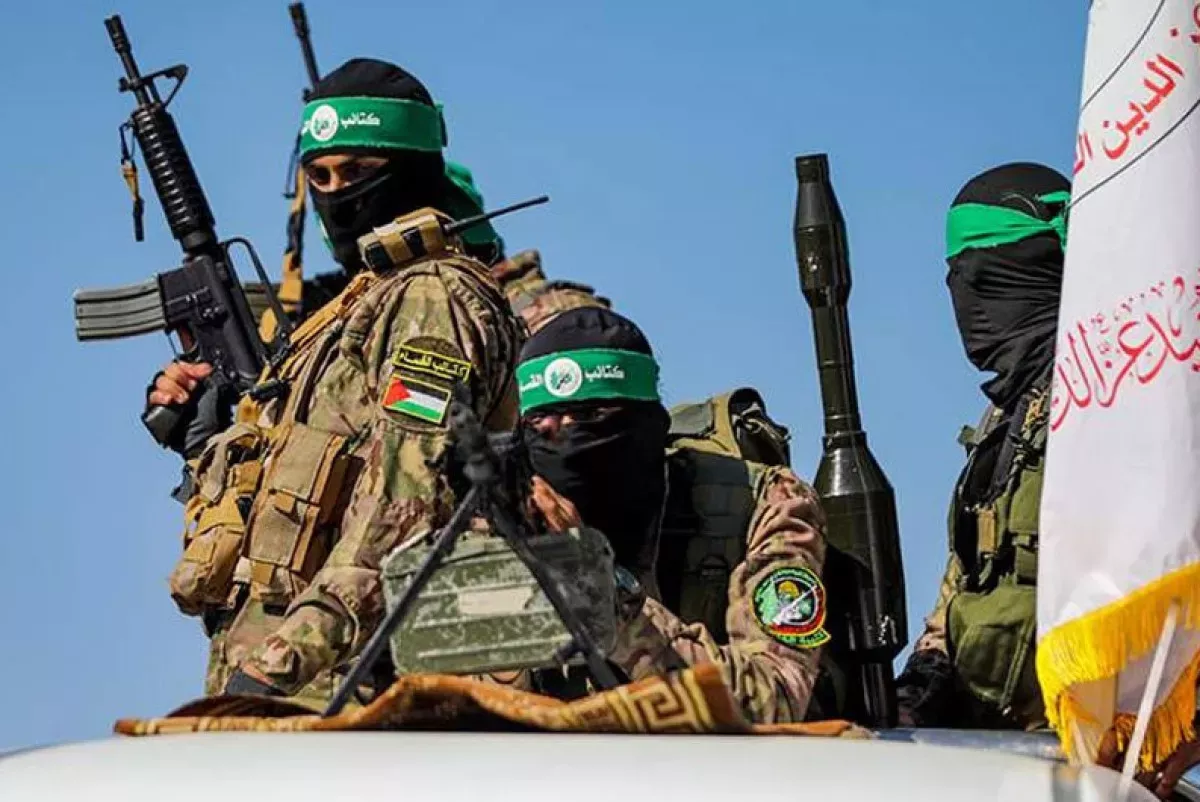
Firstly, Hamas refuses to disarm, because if the group does so it will be destroyed by Israel on any pretext (if not now, then in a few months or years). The former head of Israel’s Mossad frankly said this several years ago, noting that “Hamas will not disarm, because if it does, we will immediately come and kill it. So why would we then negotiate with them? The fighters understand that perfectly.”
No one in the Middle East will negotiate with an opponent who lacks the ability to inflict critical damage on the other side. Unarmed enemies who cannot defend themselves become corpses the next day.
Secondly, what kind of technocratic government made up of experts independent of Hamas can even be talked about in Gaza, when Hamas has deployed checkpoints everywhere and begun publicly executing people it considers inconvenient literally the day after the ceasefire with Israel?
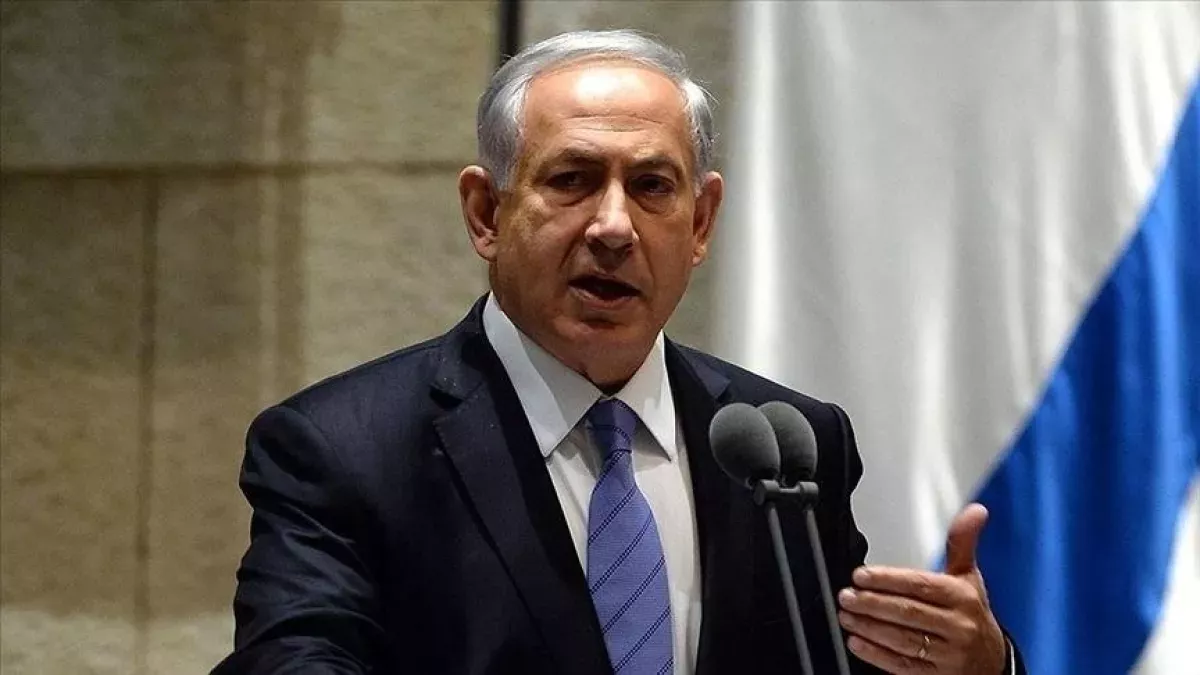
Thirdly, the withdrawal of Israeli forces from Gaza is unlikely because Israeli Prime Minister Benjamin Netanyahu depends on radical far-right religious nationalists in his ruling coalition, who threaten to dissolve it and trigger early elections if he does so. Moreover, if he were to pull back while Hamas continues to hold its weapons, it would be seen as a victory for Hamas and a personal defeat for him. Finally, after the return of Israeli hostages, Netanyahu’s hands are untied: previously, he had somewhat restrained the scale of operations in Gaza due to concerns over the lives of Israeli hostages held by Hamas and because of mass protests by Israeli citizens demanding a hostage exchange. That factor no longer exists.
Fourthly, Arab countries may provide some additional funds for the reconstruction of Gaza, but they are unlikely to send in troops (the purpose of such a deployment would be to prevent mutual attacks between Israel and Hamas), because they fear Israel’s unpredictable actions. In a recent article in The Washington Post, a senior Pentagon official noted that the Gulf Arab states, as well as Egypt and Jordan, have actively cooperated with Israel in conducting joint military exercises and sharing intelligence to counter Iran, adding: “They believe that the Israelis can do whatever they want, whenever they want, and no one will stop them.”
The United States had hoped that military cooperation would be a step toward political normalization between Israel and the Arab countries. However, Emily Hokayem, a researcher affiliated with the International Institute for Strategic Studies, pointed out that in reality, it only “obscures or hides the reality” of the tensions between the states, and after Israel’s strike on Qatar, those tensions came to the surface: ‘A key member of the American effort has attacked another, with America seen as complacent, complicit or blind,’” he said. “The resulting distrust will mar American efforts for years to come.”
Experts believe that Arab states may provide financial or diplomatic support to Gaza, but they do not want to send their armed forces there, because “There’s a lot of concern in gulf states about what an unshackled Israel is going to do,” said Thomas Juneau, a professor at the University of Ottawa. In simple terms, for the Arabs, such an operation would be far too risky.
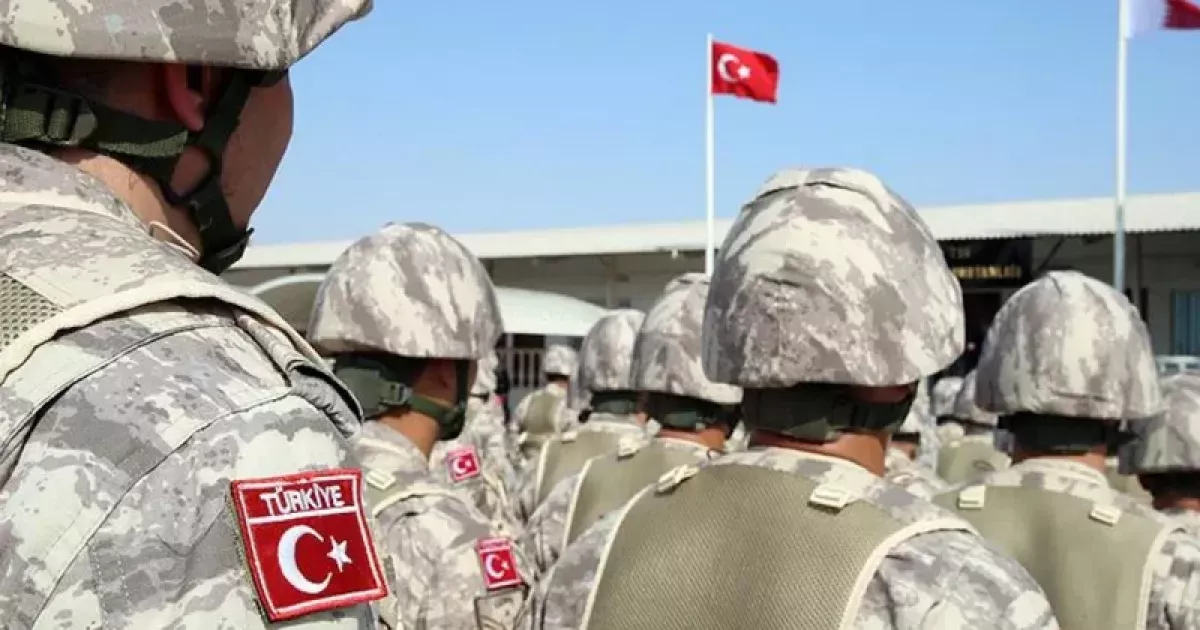
And, of course, Israel firmly opposes the deployment of Turkish forces in Gaza—one of its main competitors in the Middle East. Israel seeks to limit Turkey’s growing influence in Syria, which has already cooled relations between the two countries, and it is hard to imagine Israel agreeing to the presence of Turkish troops in Gaza. However, there is currently discussion about deploying forces from a Muslim-majority country such as Indonesia.
Gideon Rachman, a columnist for The Financial Times, in his article “Why peace in the Middle East may still be elusive,” points to the same circumstances and provides his arguments. According to him, despite the euphoria in both Israel and Gaza over the ceasefire, far too many questions remain.
Will Hamas truly disarm, and will Israel withdraw its forces, as the agreement demands? The available evidence today is not encouraging—Hamas is once again consolidating its control over Gaza and carrying out operations to disarm rival factions.
If Hamas does not disarm, the next stages of the plan look very doubtful. For example, can a group of Palestinian technocrats actually take over governance in Gaza if Hamas remains in place? Clearly not. This, in turn, casts doubt on the deployment of multinational stabilization forces, which would likely consist mainly of troops from Arab and Muslim countries. Egypt, Indonesia, and the Gulf states will be reluctant to participate in suppressing Hamas, because doing so would expose them to accusations of acting in Israel’s interests…
In the end, what we have is a hostage exchange and a ceasefire. Additionally, more humanitarian aid may start reaching Gaza. This is certainly positive, but the conditions for lasting peace are not present. Hardline actors remain on both sides, unwilling to compromise. The question now is how long this ceasefire will last.








